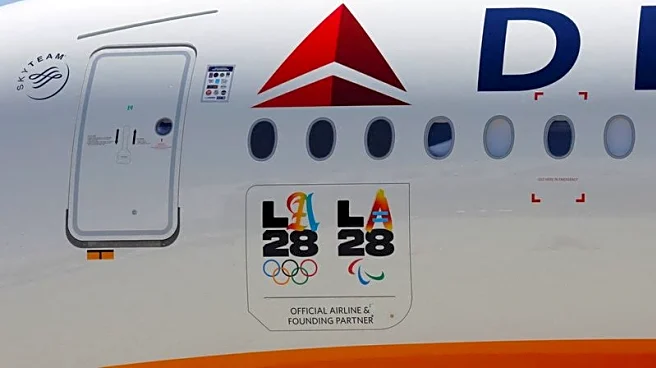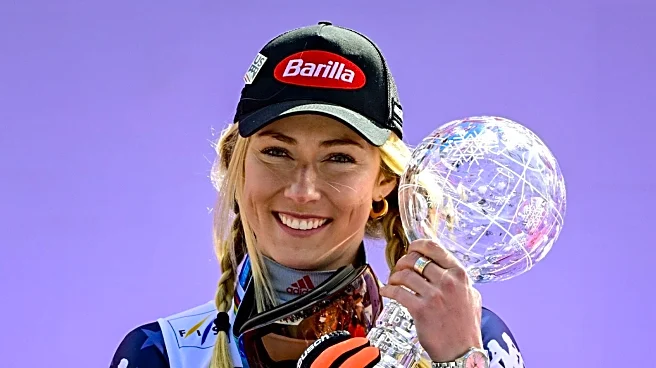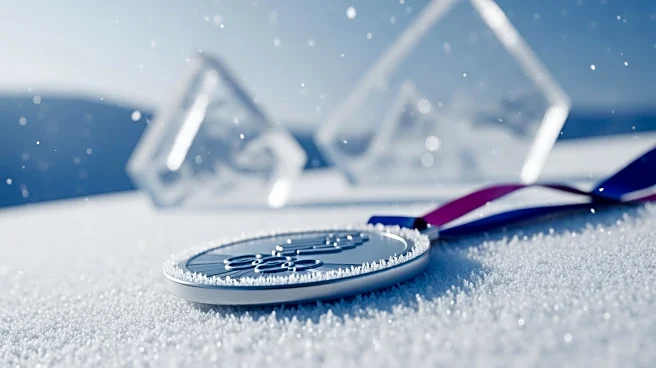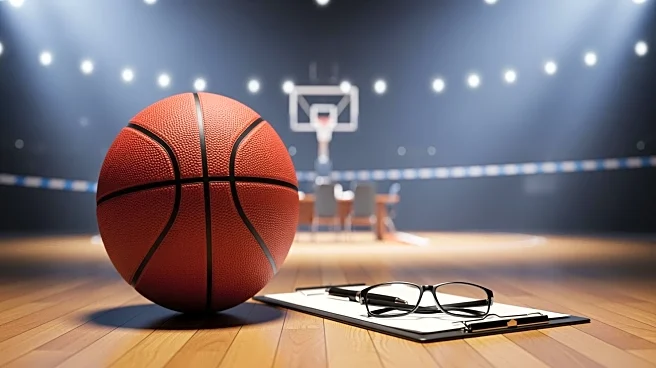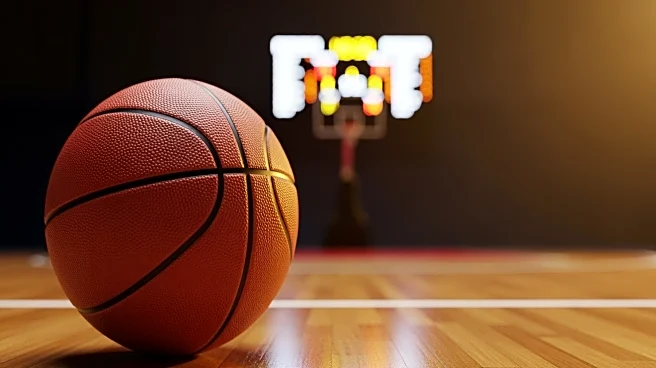By Julien Pretot
PARIS (Reuters) - Flag football, the fast-paced, no-contact cousin of American football, will showcase Europe’s best teams when they meet on the outskirts of Paris this month as the sport
enjoys rapid growth ahead of its Olympic debut at the 2028 Los Angeles Games.
The European Championship, running from September 25-27 at the Parc Interdepartmental de Choisy in Val-de-Marne, marks the return of a continental flag football tournament to France for the first time in more than two decades.
“It was a challenge to come to Paris, especially right after our (2024) Olympics, so I’m very happy about that,” International Federation of American Football (IFAF) President Pierre Trochet told Reuters on Friday. “Europe has the largest number of federations and the gap has grown in the Americas and Asia. I hope this will be a highlight machine.”
Broadcasters including BeIN Sports and Sport en France will cover the event, part of a drive to bring the game to wider audiences. “For French visibility it’s a first in a long time for a European Championship here,” Trochet said.
Flag football’s inclusion at LA28 has transformed its growth prospects, Trochet said, spurring investment and drawing attention from fans and sponsors alike.
“The momentum is steady and always moving forward. Since I was elected five years ago, every year we break new barriers,” he said.
“China announced a plan for one million new players per year, the Pacific region is integrating flag into schools, Latin America is growing, and in the U.S. we’ve seen nearly 60% growth among women. The Olympic Games accelerate everything — sponsors, broadcast, presentation. Our ambition already looks beyond 2028.”
The game’s appeal lies partly in its simplicity. Players wear belts with flags that opponents must snatch instead of tackling, making it safer and more accessible than full-contact football.
“We work on all parameters: education, training, refereeing, equipment,” Trochet said, citing a program launched with the NFL in Ghana last year to develop female players, coaches and referees.
“Flag is accessible — you only need a ball and belts. You don’t need helmets, big fields or goalposts, so it can be played almost anywhere.”
NO DEPENDENCY ON NATIONAL FOOTBALL LEAGUE
Trochet rejected suggestions that IFAF relies too heavily on the National Football League, which has promoted the sport aggressively in schools and international markets.
“Yes, the NFL is very involved, but there is no dependency,” he said. “We are a federation with 74 member countries worldwide. Whether kids discover flag with an NFL ball or an IFAF ball doesn’t matter — what matters is that they play and eventually join clubs, federations and national teams.”
Trochet believes flag football is tailor-made for modern audiences.
“It’s fast and content-friendly,” he said. “In 2x20 minutes you can tell the story of a championship. We use storytelling, athlete profiles and clips for social media. Our 2022 World Games final in Birmingham drew about five million viewers.
"With our documentary Global Rise of Flag Football on NBC and season two on the way, we’re showing what the sport can do.”
As Europe’s best teams descend on Paris, Trochet hopes the spectacle will be another step towards making flag football a household name.
“We’re not just thinking about LA28,” he said. “We’re building for what comes after.”
(Reporting by Julien Pretot; Editing by Ken Ferris)
